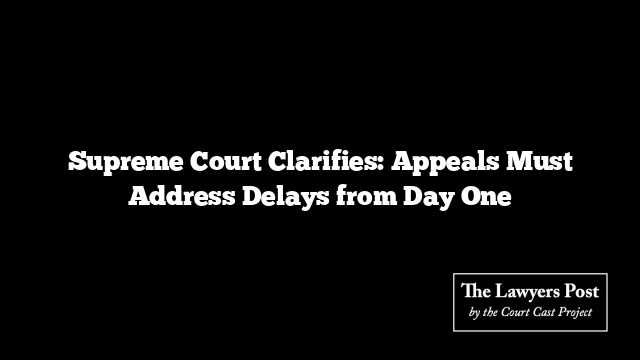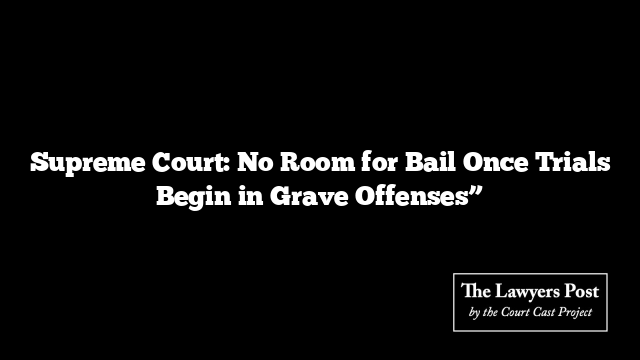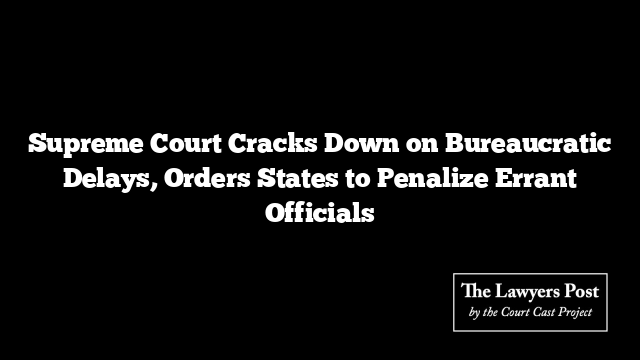In a landmark ruling, the Supreme Court emphasized that litigants seeking to condone delays in filing appeals must explain why they failed to act from the very first day of the limitation period, not just after its expiration.
The bench, comprising Justice JB Pardiwala and Justice R Mahadevan, dismissed an appeal from the State of Madhya Pradesh, which sought condonation for a delay exceeding five years in filing a second appeal. Drawing on precedent, the Court held that explanations for delay must focus on the actions—or inactions—taken during the designated limitation period itself.
The Court acknowledged a litigant’s right to utilize the full limitation period to file an appeal but underscored that once this window expires, sufficient cause must be demonstrated for failing to act earlier. Events or circumstances arising after the limitation period’s expiration, they noted, cannot justify the delay.
Citing the precedent set in Ajit Singh Thakur Singh and Another v. State of Gujarat, the bench stated:
“The party seeking condonation must explain why they were unable to file the appeal within the limitation period, not just after it expired. Events occurring after the period’s end are irrelevant unless they further compounded the delay. The cause must be traced back to the limitation period itself.”
This ruling serves as a firm reminder to litigants, including state authorities, to act diligently within prescribed timeframes, as delays stemming from internal inefficiencies or administrative hurdles may not find favor in court.
The judgment also hinted at the importance of accountability, with the bench suggesting that state officers responsible for such delays should face penalties, signaling a push for greater responsibility in handling legal matters.





